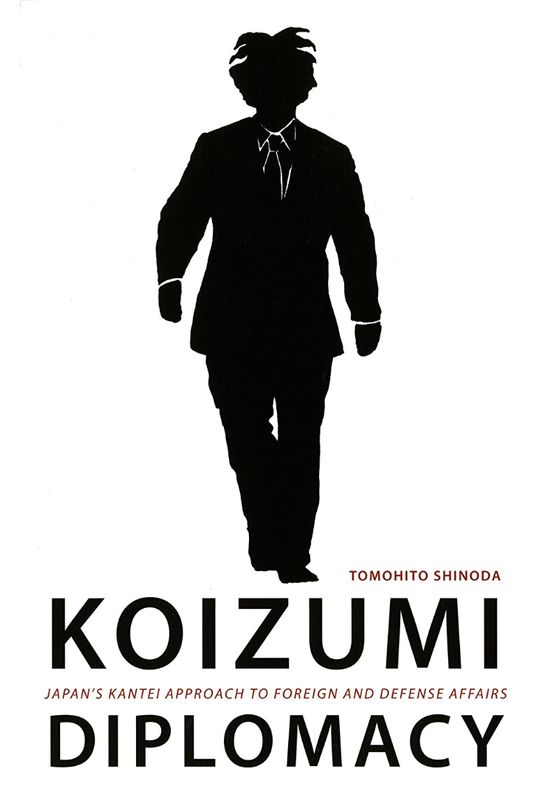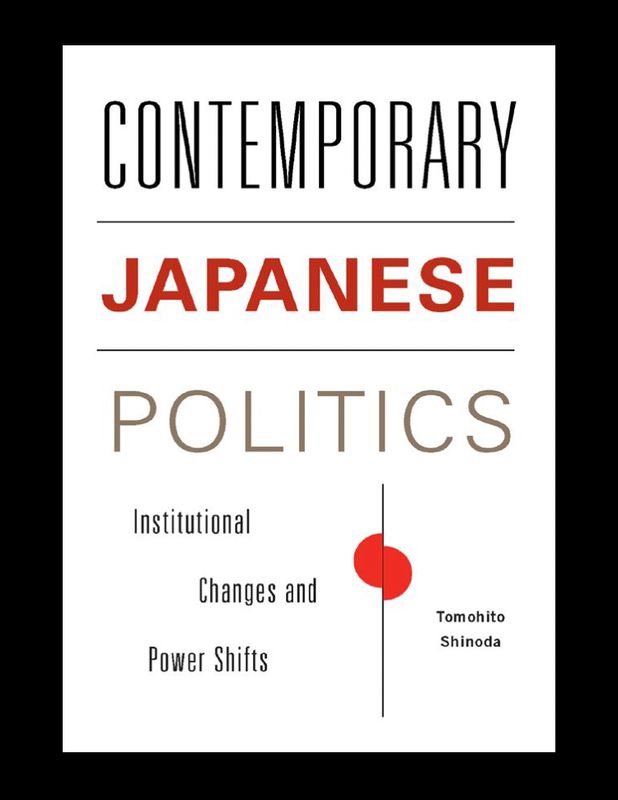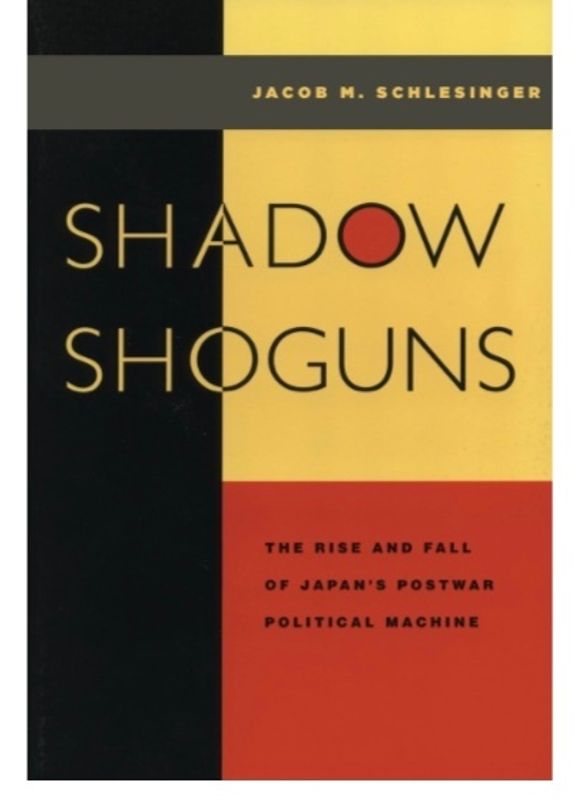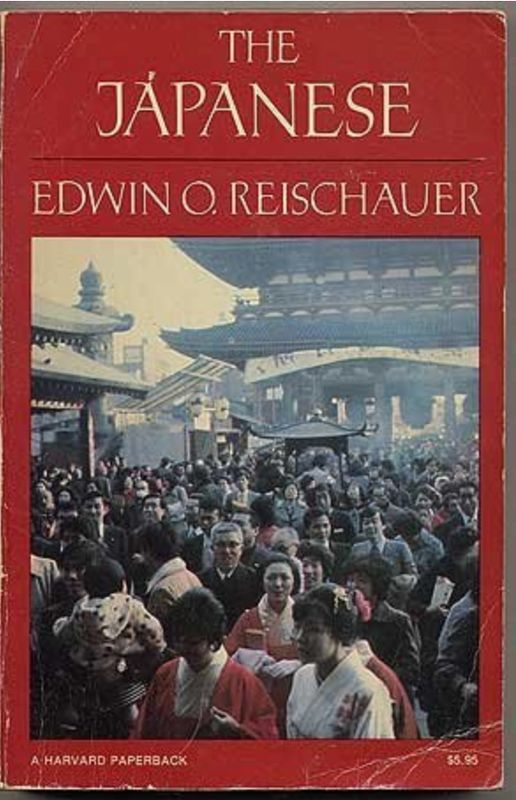Apr 18, 2018
New to Japanese Politics and Government? Here are 5 books to get you up to speed
My work and my studies have kept me involved with Japanese politics and government for a while now, but even before I had a formal reason for staying up on those subjects, I was interested in it. Frankly, they are engrossing topics full of intrigue, fascinating characters, and almost unbelievable twists and turns. If you don't believe me, just go read up on former Prime Minister Kakuei Tanaka--worthy of a Hollywood picture.
For those interested in building a knowledge base on politics and governance here, I recommend started with the following books:
1) Koizumi Diplomacy, Tomohito Shinoda

You will not find a Japanese academic who can so clearly and thoroughly explain the institutions and operations of Japanese government in English as Tomohito Shinoda. Although he has an extensive body of work (each publication with its own merits), Koizumi Diplomacy takes the traditional understanding of postwar Japanese politics and governance and sets a foundation for the new millennium. This book offers insights into the institutional power of Japan's Prime Minister, as well as the foreign policy and security apparatus that surrounds the Kantei (Japan's equivalent to the White House or 10 Downing Street).
2) Contemporary Japanese Politics, Tomohito Shinoda

In Contemporary Japanese Politics, Shinoda broadens the scope of Koizumi Diplomacy beyond the Prime Minister's office to the main political parties and their interactions in the Diet (the parliament) and with the government interagency. It offers excellent insights into the conditions that led to the shift in government from the Liberal Democratic Party to the Democratic Party of Japan, as well as the long-term implications that such a power shift had on Japanese politics. When paired with Koizumi Diplomacy, these books give a solid primer on Japanese government that will enable you to understand almost all of the present events unfolding in Japan's political circles.
3) Shadow Shoguns, Jacob Schlesinger

Shadow Shoguns offers a readable and insightful explanation of Japan's postwar political machine that fueled the success of shadow-broker politicians like Kakuei Tanaka and Ichiro Ozawa. Those sorts of politicians orchestrated rises in power and falls from grace, while also driving a political machine that shaped Japan's postwar political institutions and practices. While Shinoda's books cover the transparent aspects of Japanese government, Schelsinger's Shadow Shoguns details the machinations that were opaque at the time.
4) MITI and the Japanese Miracle, Chalmers Johnson
Chalmers Johnson's seminal work is a great starting point for those interested in Japan's postwar economic miracle, but I especially enjoyed it for its insight into Japan's powerful bureaucracy and the power relationships throughout the interagency. Of course, things have evolved since then, but it is a great starting point for understanding how power dynamics have shifted from bureaucrat-led policy to elected officials over time.
5) The Japanese, Edwin Reischauer

No doubt, this book is dated. However, there are few foreigners who will ever have the level of knowledge of Japan, its government, and its people than Edwin O. Reischauer. The Japanese represents his seminal work on Japanese culture and governance, and while it is out-of-date now, it provides a solid foundation for all of the themes and ideas that exist and evolve in the other books I list above.
Hitting the books once again as a Ph.D. student in Niigata Prefecture. Although I've lived in Japan many years, life as a student in this country is a first.
Blessed Dad. Lucky Husband. Happy Gaijin (most of the time).



0 Comments